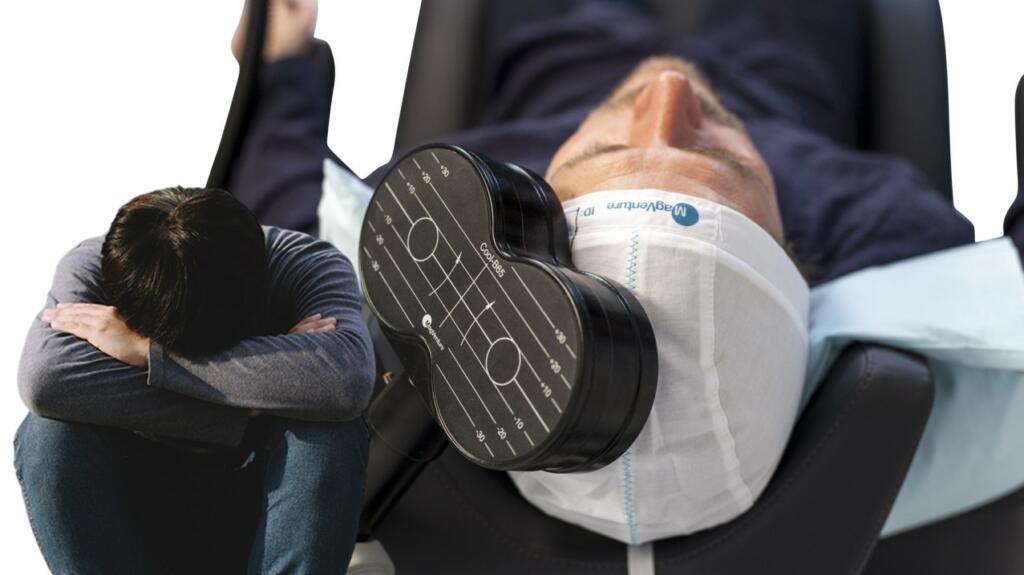The modern world is stressful, and people are more depressed than ever. The growing greed and the downside of capitalism have forced the majority of us to slog incessantly. The absence of healthy relationships and the pressure of making it big tends to bog down the individuals. Thus, depression creeps in and it becomes a destructive as well as a tiring cycle. While fortunately depression is not a taboo topic anymore and people talk about it openly, instead of hiding it, there still has been no concrete cure for the condition.
Counselling, psychotherapy, and antidepressant medications are generally the first lines of defence employed while working with patients suffering from depression. However, most of the time, it doesn’t work, and the patients are left wondering if something is inherently wrong with them.
However, that is changing as rTMS or repetitive Transcranial Magnetic Stimulation (TMS) is being preferred by patients over the traditional therapy procedures. rTMS is an effective, drug-free, non-invasive treatment for depression that uses magnetic stimulation to stimulate areas of the brain that regulate mood.
What does rTMS do?
Our brain is an electrical organ that works by transmitting electrical signals between nerve cells. Keeping this in mind, rTMS employs magnetic energy to certain portions of the brain by simply increasing the number and frequency of such transmissions. It helps in bringing the desired effect and helps change the mental health condition of the said individual.
This magnetic field is created by passing quick current pulses through a coil of wire. The coil of wire is encased in plastic and placed close to a client’s scalp in order for the magnetic field to be focused on particular areas of the brain. The magnetic field can safely penetrate the scalp and skull without pain, to stimulate targeted brain cells.
According to the John Hopkins Institute, a typical rTMS therapy involves a series of treatment sessions. Treatment sessions vary in length depending on the TMS coil used and the number of pulses delivered but typically last around 30 – 40 minutes. Patients receive TMS 5 days a week. A typical course of rTMS is 4 to 6 weeks.
Side effects and the cost of the procedure
As for the side effects, the doctors believe those are minimal with mild headaches being the only noticeable effect. These are mild and generally, diminish over the course of the treatment. Over-the-counter pain medication can be used to treat these headaches.
However, a word of caution. rTMS is an expensive therapy, costing approximately Rs 5,000 per session and with 20-30 sessions, one needs to be prepared to splurge a considerable fortune. Thus, the first attempt should be to get a therapist and try to inculcate healthy living habits, in addition to the medication.
rTMS is available in Indian hospitals
A handful of hospitals and institutes have come up with rTMS treatment facilities here in India. The facility is available at public and private hospitals, such as AIIMS, Max, Apollo, and Fortis Healthcare, among others, too.
Dr Nand Kumar, a professor of psychiatry at AIIMS remarked rTMS was around for a decade but the availability of the procedure to the masses has been a game-changer in recent times.
“It has been in use for nearly a decade. We also use it at AIIMS. But what is happening now is that this therapy is becoming widely available, not just as a part of psychiatry treatment in hospitals but even by standalone clinics that are coming up in various parts of the country, especially in metropolitan cities like Delhi, Mumbai and Bengaluru,” Dr Kumar was quoted as saying by TOI.
Those looking for an option to better themselves and get out of the cycle of depression should consult their physicians and proceed further as deemed appropriate.
